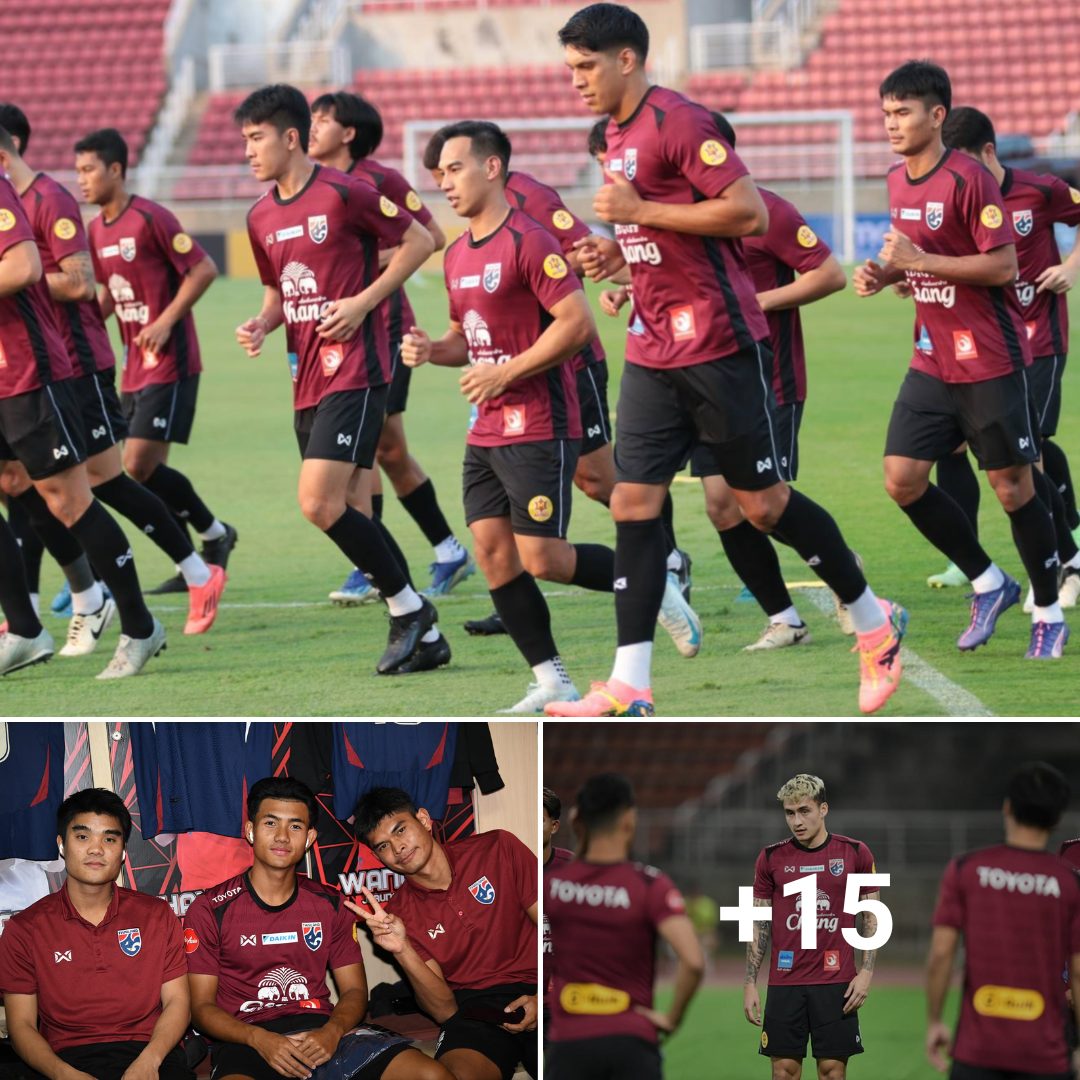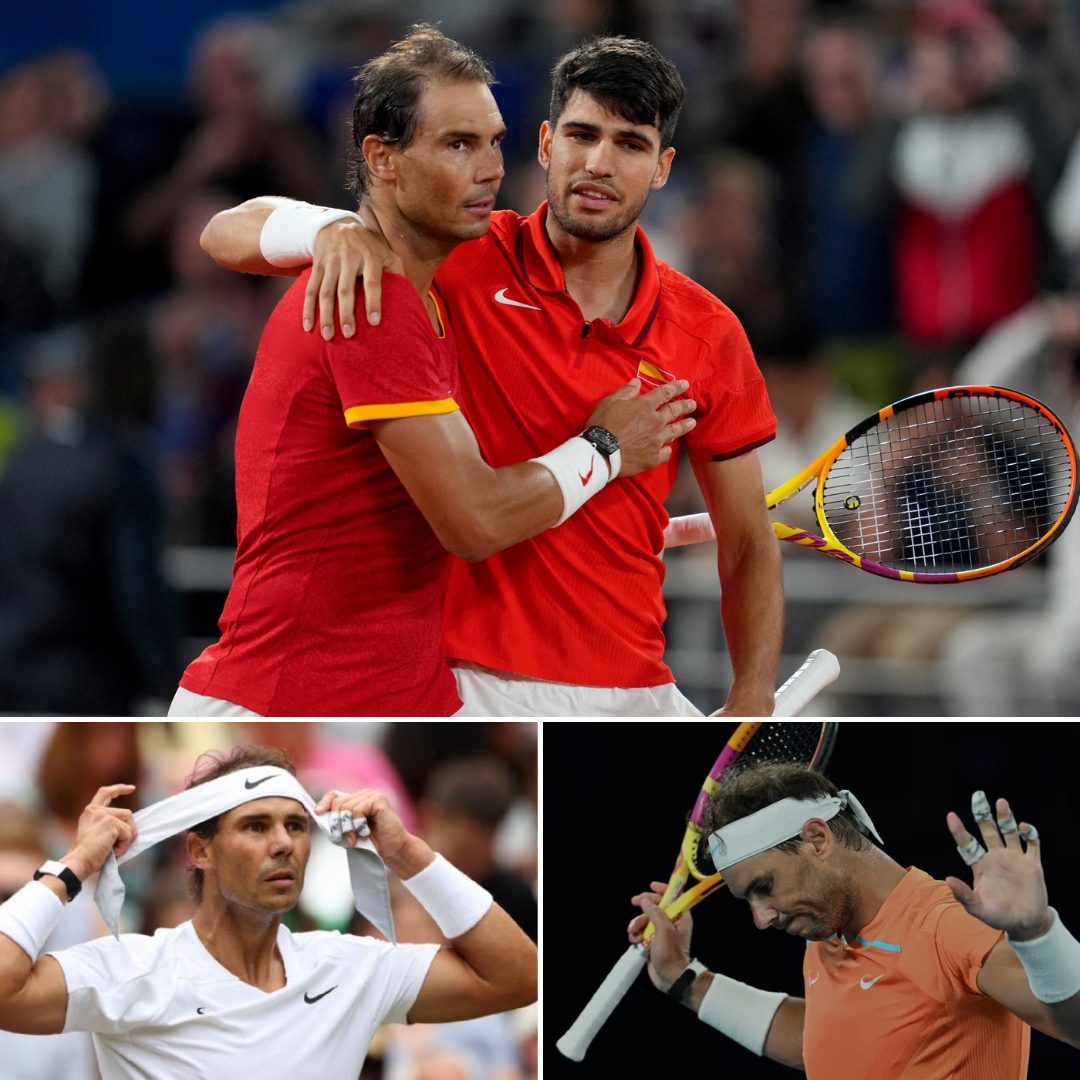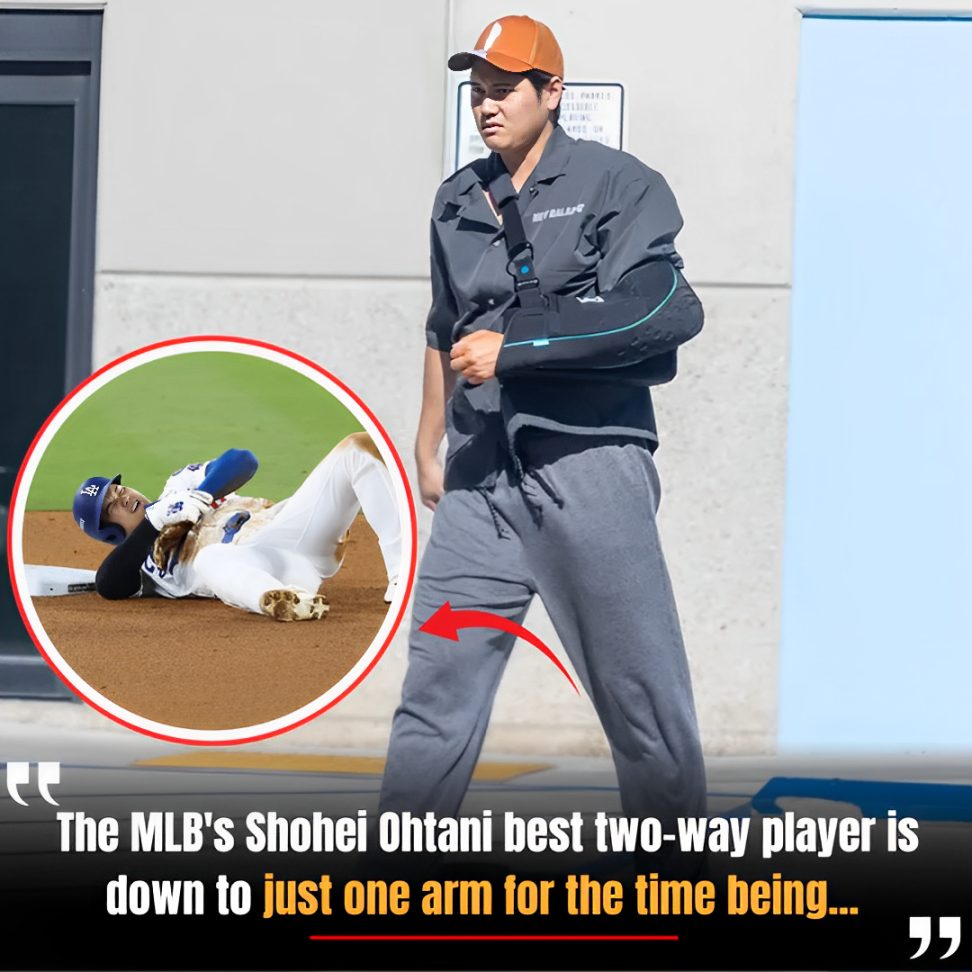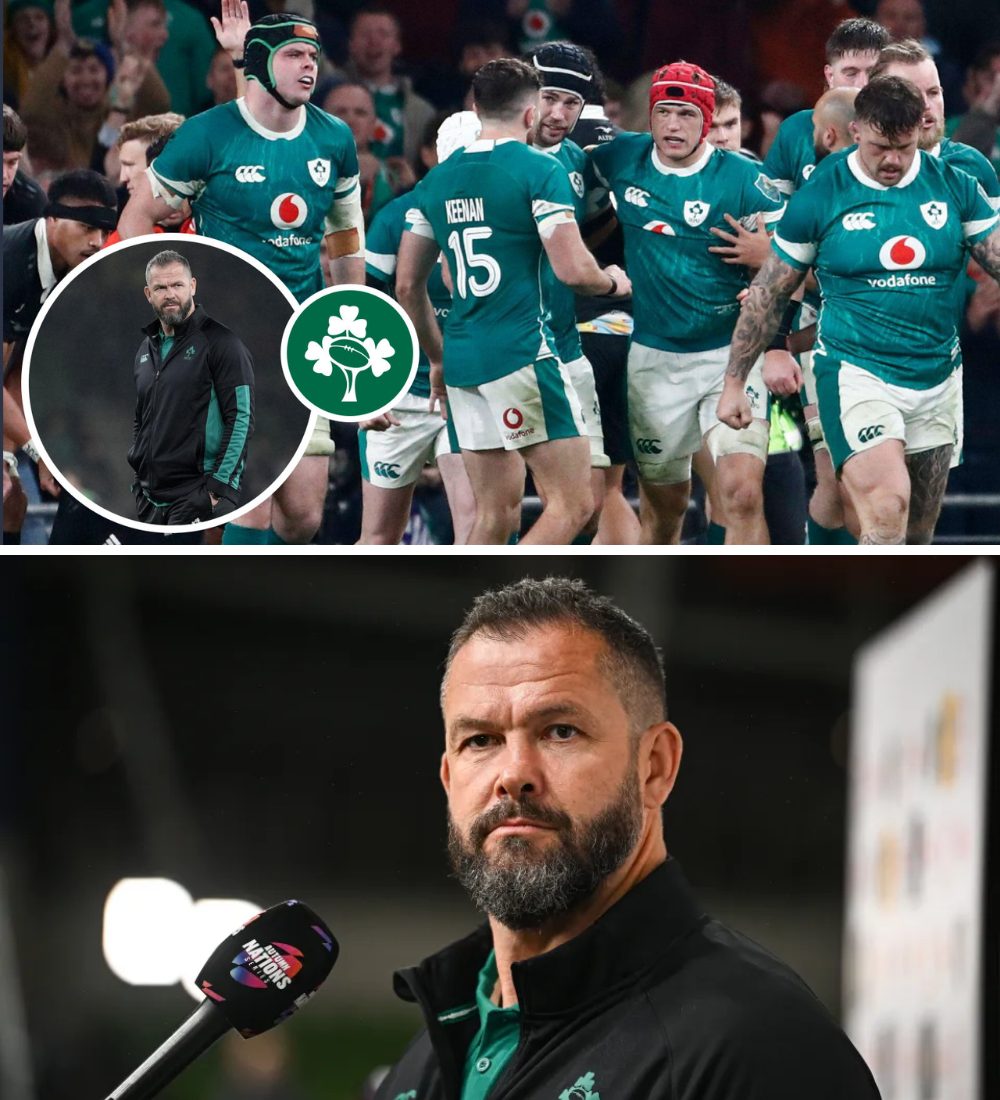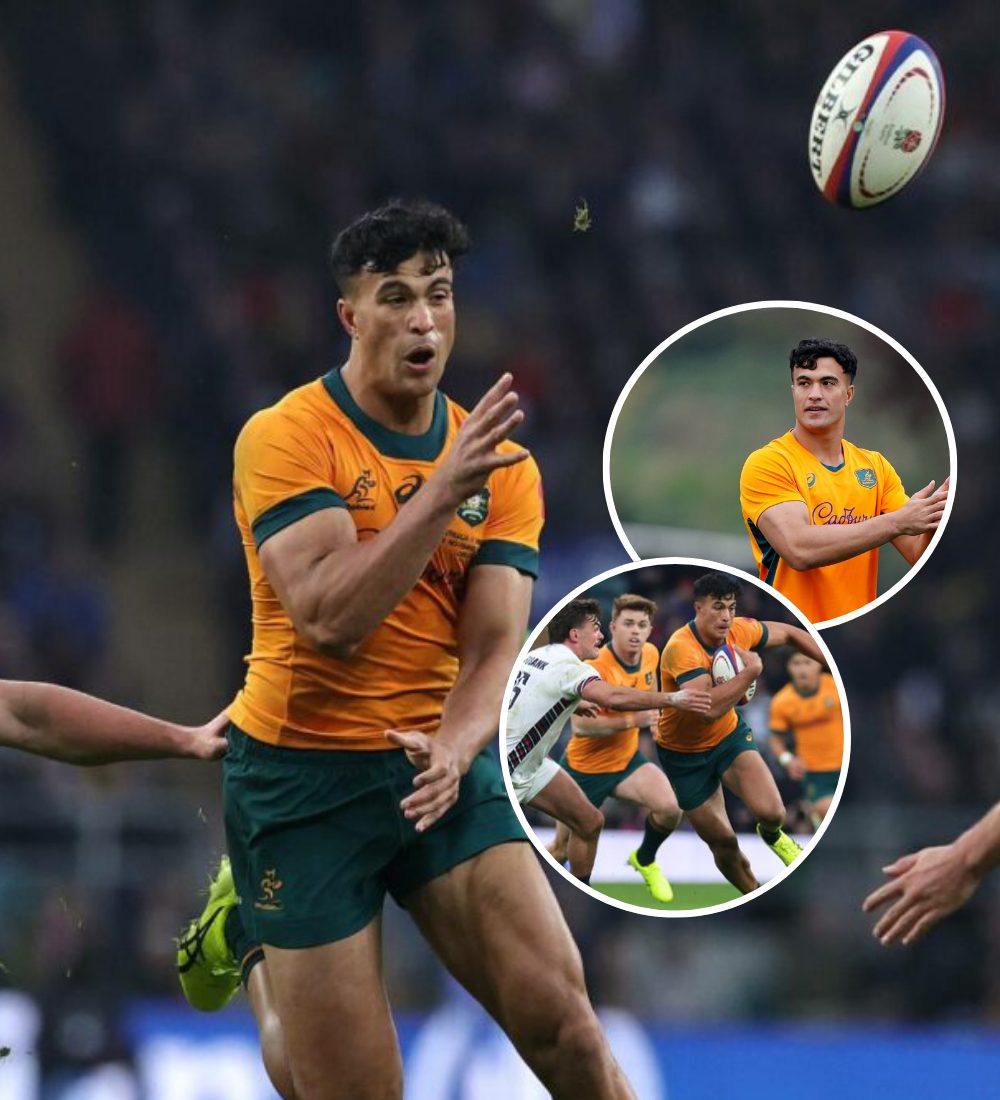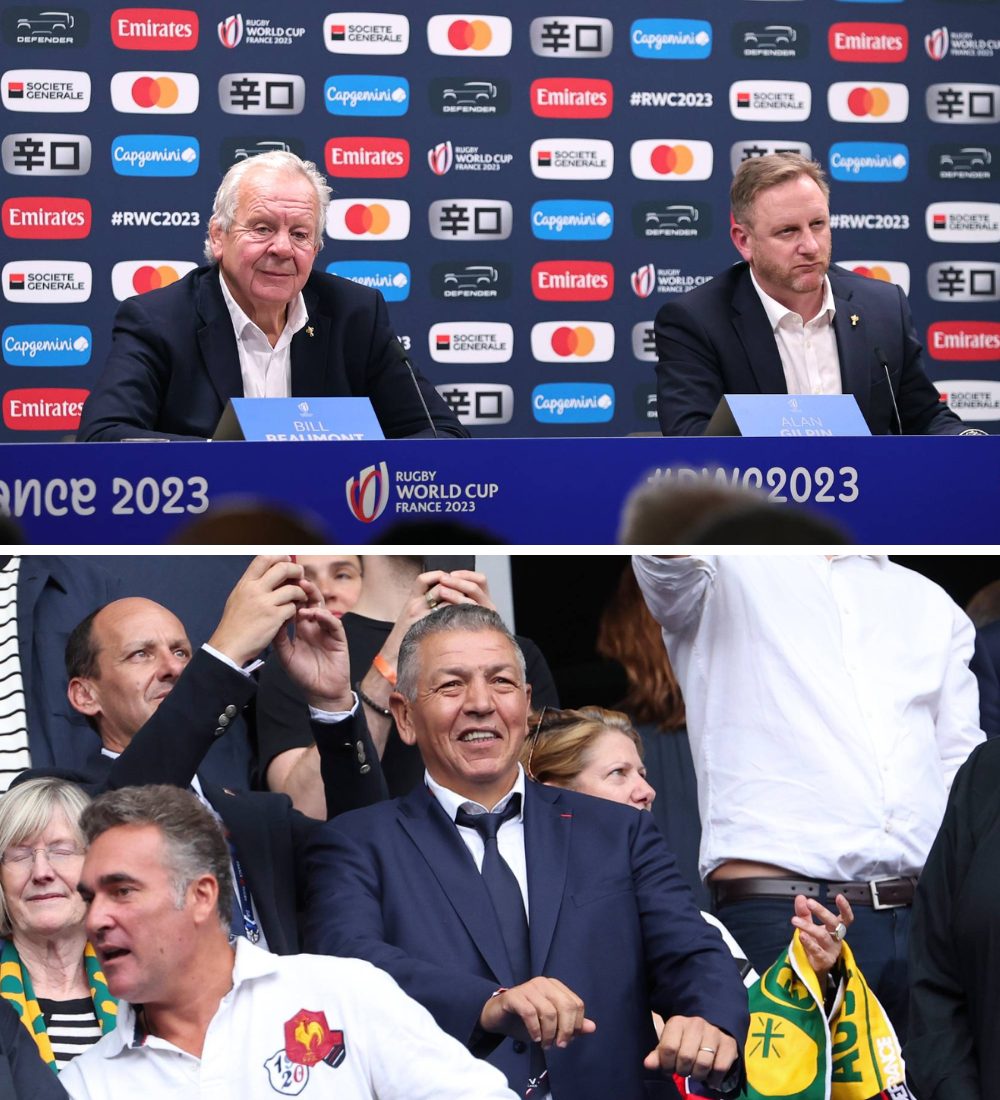The Suns built a superteam this season that may fail to win a championship.
The Phoenix Suns, currently occupying the 10th spot in the standings with a record of 14-13, find themselves grappling with a reality far removed from the lofty expectations set at the onset of the season. Armed with the formidable trio of Kevin Durant, Devin Booker, and Bradley Beal, the Suns embarked on a journey to construct a superteam that was poised to redefine their championship prospects.
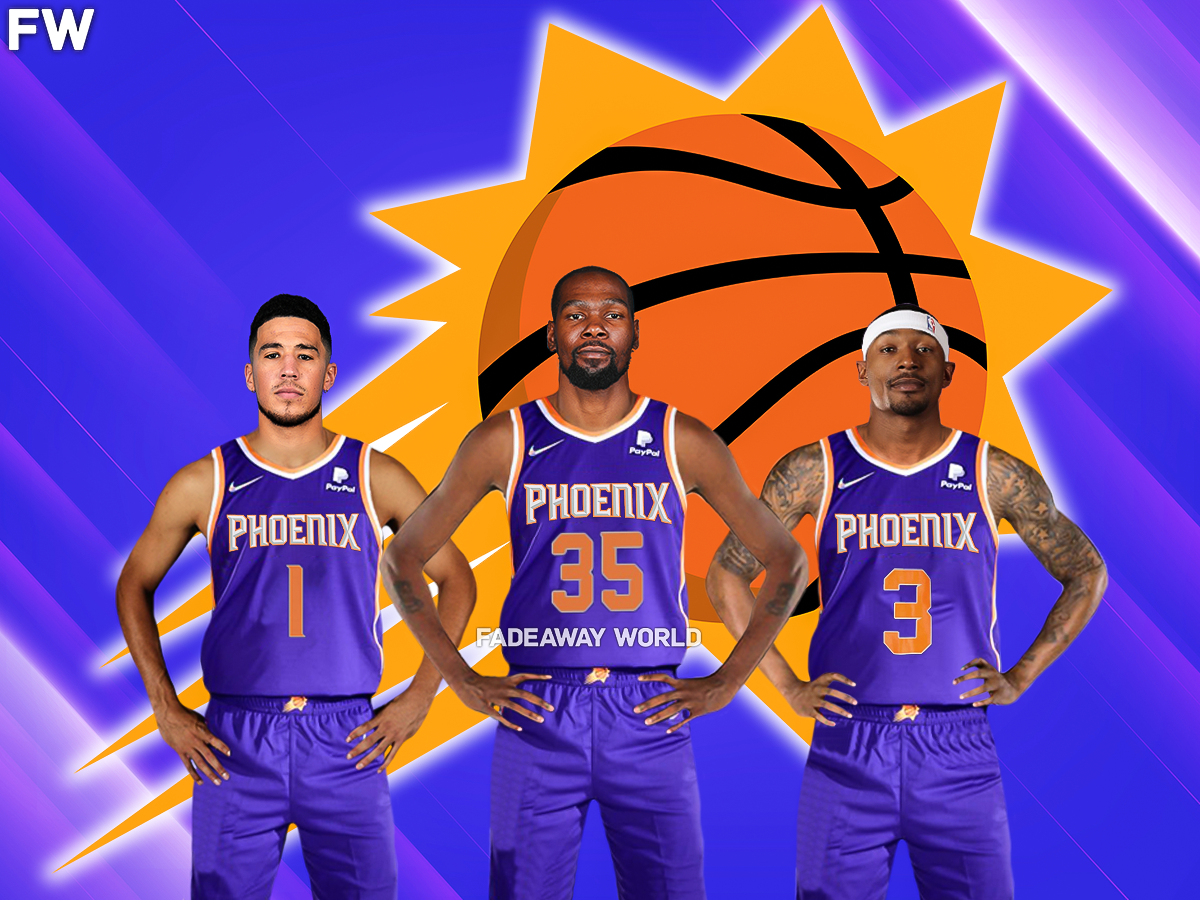
However, the team’s lackluster start to the campaign, falling significantly short of the initial aspirations, paints a picture of potential disappointment on the horizon. As the Suns navigate the challenges of injuries, defensive vulnerabilities, offensive inefficiencies, and financial constraints, the early-season struggles threaten to steer them towards another season of unmet expectations and the haunting possibility of a failed superteam narrative.
1. Injury Riddled Superstars
The Suns’ ambitious pursuit of a superteam was built on the foundation of star power, but this season has unfolded as a stark reminder of the fragility that accompanies relying on injury-prone superstars.
Bradley Beal, a key addition in the offseason, has found himself sidelined for a significant portion of the campaign. Averaging a diminished 14.7 points, 3.3 rebounds, and 3.2 assists in just six games, Beal’s impact has been severely curtailed by a lingering sprained ankle and a prior back injury. This setback follows a history of extended absences due to injuries, notably last season with his wrist, where he played in just 50 games, raising concerns about the sustainability of his contributions in a Suns jersey.
/cdn.vox-cdn.com/uploads/chorus_asset/file/24583315/1478493246.jpg)
Devin Booker, the linchpin of Phoenix’s offensive firepower, has faced his share of health challenges as well. Despite impressive averages of 27.9 points, 8.2 assists, and 5.6 rebounds in 18 games, Booker has been forced to miss nine contests this season. The recurring theme of Booker’s injuries underscores the precarious nature of assembling a Big 3 reliant on players with injury-prone tendencies.
While Kevin Durant stands out as the most durable among the trio, his workload and age present their own set of concerns. Durant’s impressive averages of 31.0 points, 6.1 rebounds, and 5.6 assists in 23 games highlight his enduring impact. However, at 35 years old, the burden of carrying the team on his shoulders raises questions about his long-term sustainability, especially in the demanding landscape of the NBA.
The Suns’ gamble on constructing a superteam around stars with injury histories becomes a precarious balancing act. Beal’s uncertain return date adds an element of unpredictability to the team’s prospects. Booker’s intermittent availability challenges the continuity necessary for a championship run, while Durant’s age raises concerns about his ability to withstand the rigors of a full season and playoffs.
In a league where health often dictates success, the Suns find themselves grappling with the inherent risks of relying on stars with injury-prone pasts. The quest for a championship becomes not just a battle against opponents on the court but also a race against time and the ever-present specter of injuries.
2. A Mediocre Defensive Cast
The Suns’ pursuit of defensive excellence appears to be a challenging endeavor, particularly given the composition of their starting lineup, which lacks defensive specialists, especially on the perimeter. With Devin Booker and Bradley Beal occupying starting roles in the ideal scenario, the Suns find themselves ranked at a modest No. 17 in the NBA in Defensive Rating, registering a concerning 115.8. Notably, history suggests that championship teams are typically anchored by a strong defensive foundation, a criterion the Suns currently fall short of.
In the specific domain of points allowed in the paint, the Suns fare even worse, holding the No. 21 spot in the NBA. Surrendering an average of 52.0 Opponent Points In The Paint, Phoenix finds itself in the Bottom 10, indicating vulnerabilities in protecting the interior. Jusuf Nurkic’s presence in the paint, while serviceable, does not represent an elite rim protector. Furthermore, the lack of resistance from the perimeter allows opponents to navigate unimpeded toward the paint.
This defensive frailty becomes glaringly apparent in the pick-and-roll defense, where the Suns rank at a lowly No. 22. Allowing an average of 18.3 points per game in pick-and-roll situations underscores the team’s struggles to neutralize this common offensive tactic. In tandem with their pick-and-roll woes, the Suns find themselves at No. 19 in Score Frequency, with opponents converting on 42.9% of offensive possessions. The inability to disrupt scoring opportunities places additional strain on their overall defensive effectiveness.
As the Suns grapple with these defensive challenges, the quest for a championship demands a concerted effort to shore up their vulnerabilities, particularly in defending the perimeter and fortifying the paint. Without marked improvement in these defensive facets, the Suns may find their championship aspirations slipping through their grasp.
3. Phoenix Lacks Enough Creators To Sustain An Elite Offense
While the Phoenix Suns boast an impressive array of offensive talents, the challenges they face in sustaining an elite offensive system have become increasingly apparent. The team’s reliance on a select few playmakers has been amplified by injuries to key contributors, forcing an overreliance on the scoring prowess of Kevin Durant. While Durant’s individual brilliance is undeniable, the absence of a diversified playmaking cast has repercussions for the overall offensive dynamism of the team.
Currently positioned at No. 13 in Offensive Rating with 115.8, the Suns’ offensive output remains solid but lacks the dynamism expected of championship contenders. Furthermore, their No. 16 ranking in three-point percentage at 37.2% signifies a middle-of-the-road performance in an era where successful offenses are often distinguished by their proficiency beyond the arc.
/cdn.vox-cdn.com/uploads/chorus_image/image/72374988/1253469491.0.jpg)
A critical issue contributing to the Suns’ offensive struggles is their shot selection, notably their propensity for mid-range attempts. Ranking as the second-highest team in Field Goal Attempts (FGA) from the mid-range with an average of 13.1 attempts per game, the Suns find themselves at odds with the prevailing trend in modern basketball. While stars like Kevin Durant and Devin Booker excel in mid-range efficiency, the offensive philosophy appears to be at odds with the strengths and preferences of role players.
The conundrum lies in the fact that the Suns feature notable mid-range specialists such as Durant and Booker, yet their offensive design caters to role players who do not align seamlessly with this philosophy. Players like Eric Gordon (45.8 FG%), Grayson Allen (48.6%), Josh Okogie (41.7%), and Yuta Watanabe (35.0%)—all logging significant minutes—struggle to find consistency from beyond the arc, compounding the challenges of offensive cohesion.
Navigating this strategic incongruity is pivotal for the Suns as they aspire to elevate their offense to a level commensurate with their championship ambitions. Adjustments in offensive schemes, emphasizing the strengths of individual players, and fostering a more diverse playmaking approach will be crucial for the Suns to unlock their full offensive potential and contend at the highest level.
4. Under Average Bench Production
In the modern NBA landscape, teams with deep and impactful benches have emerged as frontrunners for success. The likes of Philadelphia, Oklahoma, Boston, and New York lead the way in Net Rating from the bench, showcasing the significance of a potent second unit.
Regrettably, the Phoenix Suns find themselves at a significant disadvantage in this department, positioned at No. 23 in Net Rating with offensive production ranking at No. 26 league-wide for their second unit. With a Defensive Rating of 55.1, the Suns’ bench also falls outside the top 10, standing at No. 12 overall, and a discouraging No. 24 in +/- from the bench. For context, the starting lineup is marginally better, sitting at No. 16 in the same metric.
The hallmark of elite benches in the NBA often lies in their ability to generate offensive opportunities, an area where the Suns’ second unit faces a considerable deficiency. Ranked at No. 24 in assists with a mere 5.6 per game, the lack of offensive creation is glaring, exposing the limited support provided to the starting lineup.
This deficiency stems from a bench lineup featuring Eric Gordon, who leans more towards scoring than playmaking, along with Yuta Watanabe, Josh Okogie, Keita Bates-Diop, Damion Lee, and a collection of role players predominantly known for their defensive contributions and shooting capabilities. However, the efficiency in orchestrating a fluid offensive system remains a significant challenge for this ensemble.
Addressing the depth dilemma becomes paramount for the Suns, as a more impactful and well-rounded second unit could alleviate the burden on the starting lineup and contribute significantly to the team’s overall success.
5. Too Many Eggs In One Basket
The Phoenix Suns’ bold investment in assembling a formidable trio of stars has undeniably elevated the team’s on-court potential. However, a closer look at the financial landscape reveals a precarious situation, with the majority of the team’s cap space allocated to three star players whose durability remains a looming question mark. The financial commitments to Kevin Durant, Bradley Beal, and Devin Booker have left the Suns with limited flexibility to bolster their rotation, contributing significantly to the team’s struggles.
In the current season, Kevin Durant commands a staggering salary of 47.6 million, while Bradley Beal is compensated with 46.7 million under a four-year contract (with Durant’s contract spanning three years). Meanwhile, Devin Booker is set to earn 36.0 million on average per season over the next five years, with all contracts featuring escalating salaries in subsequent seasons. This substantial investment in the star trio has, in turn, curtailed the Suns’ ability to bring in meaningful reinforcements, especially considering the long-term commitment to the highly-paid trio.
Further complicating matters is the financial commitment to Jusuf Nurkic, who has 16.9 million remaining on his contract over the next three years. The remainder of the rotation features players with salaries below 3 million, limiting the team’s capacity to bring in impactful contributors. This financial conundrum is exacerbated by the fact that the stars, who are vital to the team’s success, are at risk of missing significant portions of the regular season or postseason due to injury—a significant factor in the Suns’ current struggles.
The supporting cast, with players like Nassir Little, Eric Gordon, Josh Okogie, Damion Lee, Keita Bates-Diop, Yuta Watanabe, Drew Eubanks, Bol Bol, and Chimezie Metu, collectively commands salaries that pale in comparison to the financial commitments made to the Big 3. The Suns currently find themselves 21.5 million above the luxury tax threshold and a staggering 50.7 million above the salary cap. With the star players locked into multi-year contracts, the team faces a formidable challenge in acquiring rotation players with more lucrative contracts to bolster the supporting cast, a crucial element for a Big 3 prone to injuries and unavailable during pivotal moments. The financial strain and lack of roster depth, stemming from the concentration of resources in the star trio, pose significant hurdles for the Suns as they navigate the complexities of the NBA landscape.
Why The Suns Are In Trouble For The Future
In the grand narrative of constructing a superteam, the Phoenix Suns find themselves traversing a precarious path marked by distinct challenges that raise serious doubts about the feasibility of their championship aspirations. Despite the ambitious attempt to amalgamate star power with the acquisitions of Kevin Durant, Bradley Beal, and Devin Booker, several critical factors coalesce, pointing towards the ominous possibility of a failed superteam.
The Brooklyn Nets’ failed experiment proved that having stars on the roster is not enough to ensure a championship run. Durant’s stint in Brooklyn made clear that injuries can riddle a loaded team with stacked offensive power, but having little to no help in the second unit nor role players that can play bigger than expected could hinder all title hopes.
Kevin Durant has been through it, and Devin Booker made a Finals run in 2021 with a deep roster and two possible All-Stars but it was still not enough. In the modern day, NBA teams not only need various All-Star players to thrive, but also a good second unit that can produce at all levels and the Suns currently do not have one, and with their financial situation, they may never have with this current team.
In essence, the Phoenix Suns’ pursuit of a superteam appears to be unraveling due to a convergence of injuries, defensive vulnerabilities, offensive inefficiencies, and financial constraints. The delicate balance required for a superteam’s success eludes the Suns, positioning them on a trajectory toward a failed superteam narrative. As they navigate these challenges, the Suns must confront the stark reality that their championship ambitions may remain elusive unless substantive adjustments are made to address the multifaceted issues plaguing their campaign.
